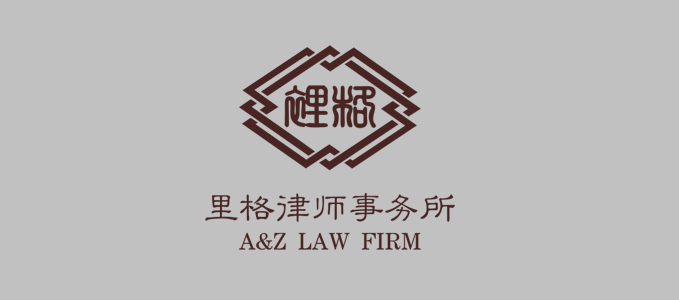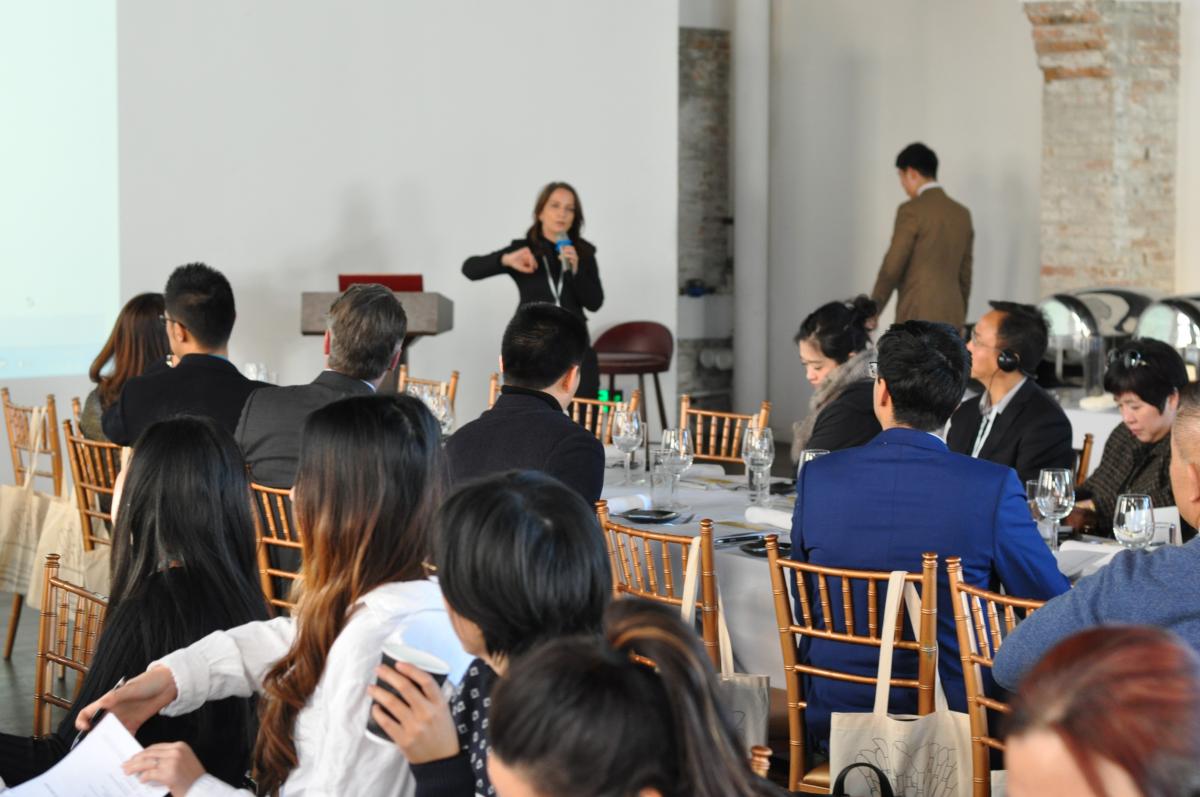A&Z Weekly News: 22-26 January
A&Z Weekly News: 22-26 January

On the 24th and 25th January, 2018, Ms. Mireia Paulo, Director of the European-American Market and Overseas Investment Projects at the A&Z Law Firm, was invited to deliver a speech at the Sovereign Annual Overseas Permanent Establishment Conference. Ms. Paulo’s topic was “China’s Performance on the Financial Balance Beam. Overview of Outbound Investment Regulations.”
Sovereign organized the Conference in Beijing and Shanghai with the support of its partners such as A&Z Law Firm, Invest IK, Savills, and BE Education.
Ms. Paulo introduced the background of the outbound investment regulations. Some of the elements that have influenced the decision of these regulations are as follows:
- Limiting the drawdown of China’s foreign currency reserve;
- Keeping the RMB/USD exchange rate relatively stable;
- Avoiding persistency on bad investments with high-risk and lack of planning; and
- Restricting capital outflows relating to purchasing real estate assets abroad, particularly individual properties.

Ms. Paulo speaking at Beijing Conference.
In addition, she explained the four main official supervision departments [National Development and Reform Commission (NDRC); Ministry of Commerce of the People’s Republic of China (MOFCOM); State Administration of Foreign Exchange (SAFE); People’s Bank of China]. These four agencies are responsible for the examination and approval of outbound investment projects.
The latest regulations were also introduced to the attendees. When doing outbound investments in China, there are three recent regulations to look at. Firstly, the Administrative Measures for the Outbound Investment of Enterprises (No. 11 Order) promulgated by NDRC, which will be effective the 1 March, 2018.This measure expands and clarifies the scope of regulation, optimizes approval and filing processes, strengthens in-process and ex-post regulatory processes, and adds to the duties of the NDRC.
Secondly, the <Circular of the General Office of the State Council on Forwarding the Guiding Opinions of the National Development and Reform Commission, the Ministry of Commerce, the People's Bank of China and the Ministry of Foreign Affairs on Further Guiding and Regulating the Outbound Investment Direction>. The promulgator was the General Office of the State Council and it came into effect on 4 August 2017.
Under the circular, outbound investment projects are currently divided into three categories: encouraged, restricted and prohibited categories. Until the end of 2016, hot business sectors for Chinese outbound investments were real estate, hospitality, film cinemas, entertainment and sports clubs. However, the circular identifies these business sectors in the restricted category, which means, any company interested in investing in those sectors will need to obtain the approval by the four competent authorities. Approvals are based on a case-by-case basis, yet, if those investment projects fall outside of the investing company’s core business and lack a solid strategic plan supported by a well-prepared dossier, it is unlikely to obtain the approval.
Thirdly, investors should look at the Regulations on Outbound Investment and Business Activities of Private Enterprises. Promulgators involve a large number such as NDRC, MOFCOM, PBoC, MFA and ACFIC. It came into effect recently, on 6 December 2017. Some of the highlights of these regulations are, but not limited to, perfecting the operating management system and strengthening outbound risk prevention and control; legal, compliant and honest operation; and paying attention to social responsibility and environmental resource protection.

Attendees in Shanghai
Despite assumptions, there are also positive outcomes for those conducting businesses under the encouraged category described in the Circular. Among those the following can be highlighted:
- Infrastructure projects that are favorable to the Belt and Road Initiative and the interconnection of infrastructure in neighboring countries;
- Investment that can drive the output of advanced production capacities, superior-quality equipment and technological standards;
- Projects that focus on high/new technologies and advanced manufacturing aiming to encourage the establishment of research and development centers abroad; and
- Exploration and development of overseas energy resources such as oil, gas, and minerals.
Ms. Paulo concluded by foreseeing that outbound investment projects will be encouraged, but the supervision target will be expanded. Meanwhile, restrictions will be relaxed and procedures will be simplified. Moreover, she explained to investors that they should confirm that their investing company fulfils criteria stipulated in the regulations previously mentioned, and that the industry should fall into the encouraged category. It will be fundamental to confirm this if the project needs to be approved or filed, as both the documents to submit and requirements will differ. It will be also highly advisable to pay attention to the foreign exchange and RMB conversions. Last, but not least, investing companies are recommended to consult with professionals that will support in the advising of the investment and the regulatory process, and dealing with official agencies.



